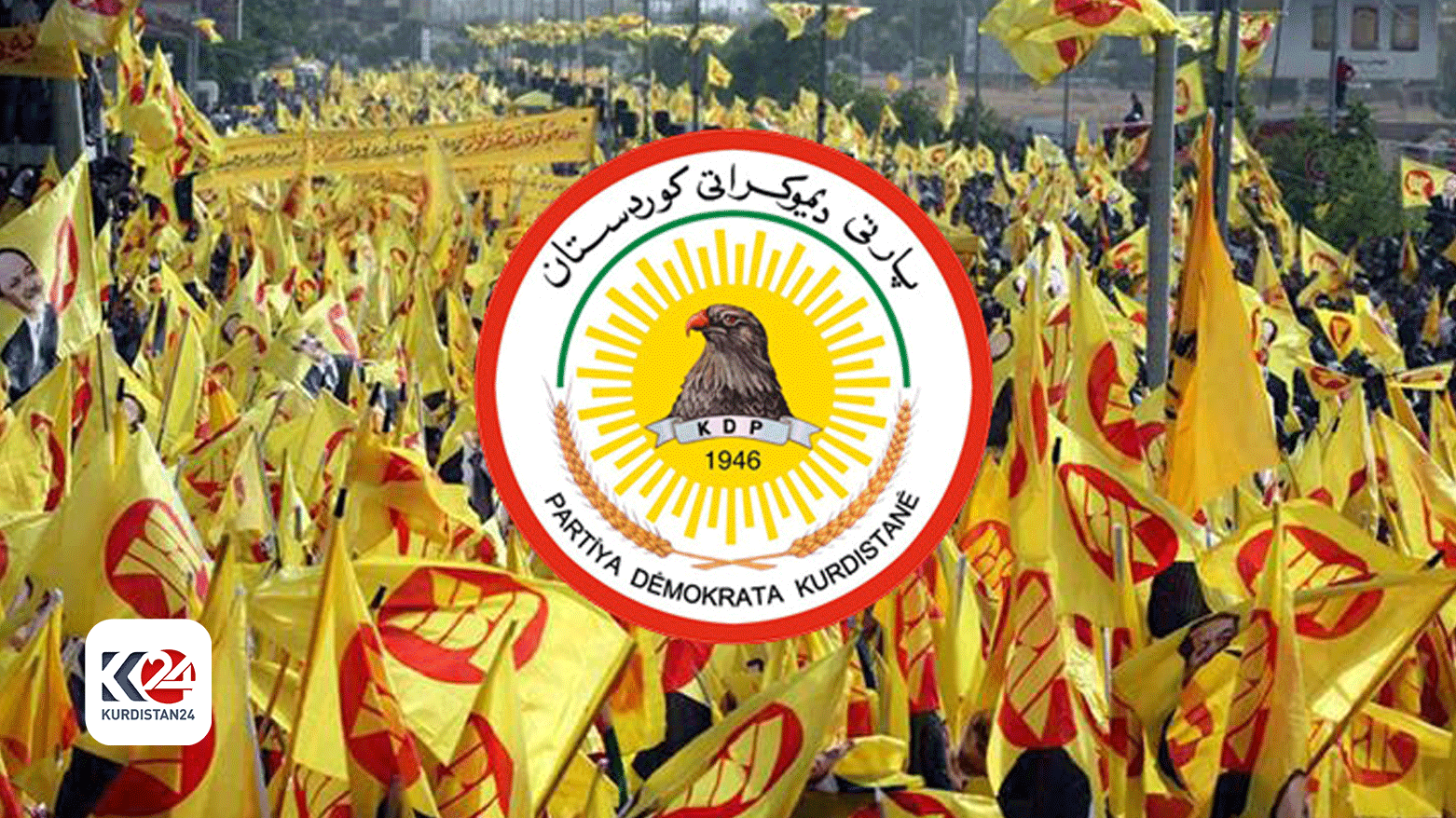KDP sparks political shift in Kurdistan, Iraq amid Federal Court disputes
The KDP Political Bureau highlighted the importance of the Kurdistan Regional Government (KRG) not accepting unconstitutional decisions and imposed systems, stating, "Elections should not be held under an imposed system."

ERBIL (Kurdistan 24) – Following the Kurdistan Democratic Party's (KDP) statement and its stance on the Federal Court's ongoing violations against the Kurdistan Region, a new phase in the political process of both the Kurdistan Region and Iraq is anticipated.
On Monday March 18, the KDP Political Bureau issued a statement addressing Iraq's current situation, Erbil-Baghdad relations, Kurdistan's parliamentary elections, and Federal Court decisions.
Read More: We refrain from justifying undemocratic elections: KDP Politburo
They emphasized, " Here, we hold the parties of the state administration coalition accountable for their national responsibility in implementing the constitution and all aspects of the political and administrative agreement to establish the current Iraqi government under the leadership of Mr. Mohammed Shia al-Sudani; otherwise, we cannot proceed with the political process."
The KDP Political Bureau highlighted the importance of the Kurdistan Regional Government (KRG) not accepting unconstitutional decisions and imposed systems, stating, "Elections should not be held under an imposed system."
Following Fayeq Zedan's appointment as head of the Supreme Judicial Council in 2017, the Federal Court entered a new phase, issuing decisions harshly against the Kurdistan Region, often deemed unconstitutional.
Particularly, on November 20, 2017, the Federal Court deemed the September 25 referendum unconstitutional and nullified its results, affecting constitutional issues in elections and hindering financial allocations to the Kurdistan Region, notably Peshmerga salaries and funds for martyrs' families.
Read More: Kurdistan to hold independence referendum on Sep. 25
The court's actions were viewed as unconstitutional and against a constitutional institution.
The Federal Court's decisions have broadly impacted the constitutional and legal framework of the Kurdistan Region and its institutions.
Article 92 of the Iraqi Constitution, approved by a majority of Kurdistan Regional Government and Iraqi citizens in a 2005 referendum, mandates that the Iraqi parliament pass a law to establish and operate the Supreme Constitutional Court. In mid-December 2023, it was announced that the review of the draft bill would continue.
Read More: Kurdistan Region Judicial Council issues statement on latest ruling of Iraqi Federal Supreme Court
Article 92 also establishes the Federal Supreme Court as an independent entity within the highest judicial authority, comprising several judges and legal experts.
Despite the Federal Court's ruling in February 2022 against the KRG's Oil and Gas Law of 2007, the KRG has continued oil exports and contract compliance with companies.
Read More: Erbil, Baghdad address legal issues of Kurdistan Region oil companies
In 2023 alone, the Federal Court heard over ten complaints against the Kurdistan Region, issuing several decisions. From early 2023 to March 2024, additional decisions were made, including on the Kurdistan Parliamentary Election Law and Communities Seats, with significant implications for electoral constituencies and seat allocations, and notably affecting minority community representations.
Furthermore, the court's rulings extended to the unconstitutional remittance of 400 billion dinars to the Kurdistan Region, suspension of the Kurdistan Parliament's work, issues surrounding the KDP headquarters in Kirkuk, provincial council operations, and challenges in conducting Kirkuk provincial council elections.
Read More: KDP files legal complaints on provincial election results
The court also addressed the destabilization in Kirkuk, electoral law concerns, and complications in salary disbursements within the Kurdistan Region.
These decisions have underscored the complex and strained relationship between the Kurdistan Region and the federal government, highlighting significant challenges in governance, financial distribution, and legal interpretations affecting the region's autonomy and its inhabitants' well-being.